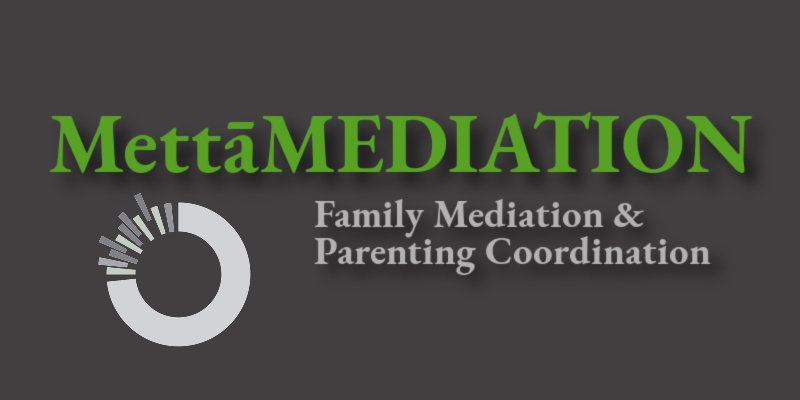Do I need a lawyer with me at family mediation?
I am asked this question quite often, and not surprisingly so. Many people are simply not sure about the role of lawyers in family mediation and given the associated cost, they are curious whether they need a lawyer at all.
Let me start with the basics. Should lawyers be involved at all? Yes, from my perspective the answer is a resounding “yes”. Why and what do I mean by “lawyers”? There should be two, one for each party, and they need to be involved at the very least in advising each party of his or her legal rights and obligations, before mediation commences. Family mediation is essentially civilized bargaining, with the family mediator moderating the dialogue between the parties. In order to bargain, each party needs to understand what they have and what they need, to be able to make a reasoned and fair compromise. Without understanding their legal rights and obligations, a party may be at a disadvantage. Here is a simple example. If based on the law, Susie is entitled to spousal support but she does not know she is, then she may be quick to bargain away that right – one she does not think she has. I am sure you understand my point by now. SO: each party should have at least a consultation with a lawyer BEFORE the mediation sessions begin.
Now back to the initial question – do you need a lawyer with you at mediation? The answer is “no” but you may want to have one there. In my family mediation practice, I do mediate from time to time for parties who do not have their lawyers participating in our discussions but these lawyers are available in the event their clients have questions along the way. That can be either during each session or in between sessions. Sometimes, when I mediate for such a couple, at the end of each session we make a list of issues they are to review with their individual lawyers. This approach saves the parties money because they are not paying for their lawyers’ time during the sessions but there are other situations where a party may want to have their lawyer present? Why might they be? Perhaps a party is not comfortable bargaining on their own. Perhaps he or she is not comfortable speaking about what is important to them in front of the other party but are prepared to have these points made for them, by their lawyer. Perhaps they are intimidated by the other side, based on some perceived disadvantage – not to the point of a power imbalance which would be an impediment to mediation but simply based on the parties’ everyday interaction since separation. If you have any questions about the role of a family law lawyer in family mediation, on behalf of one party, please contact Carolyn and she will answer them for you.
©AJJakubowska

